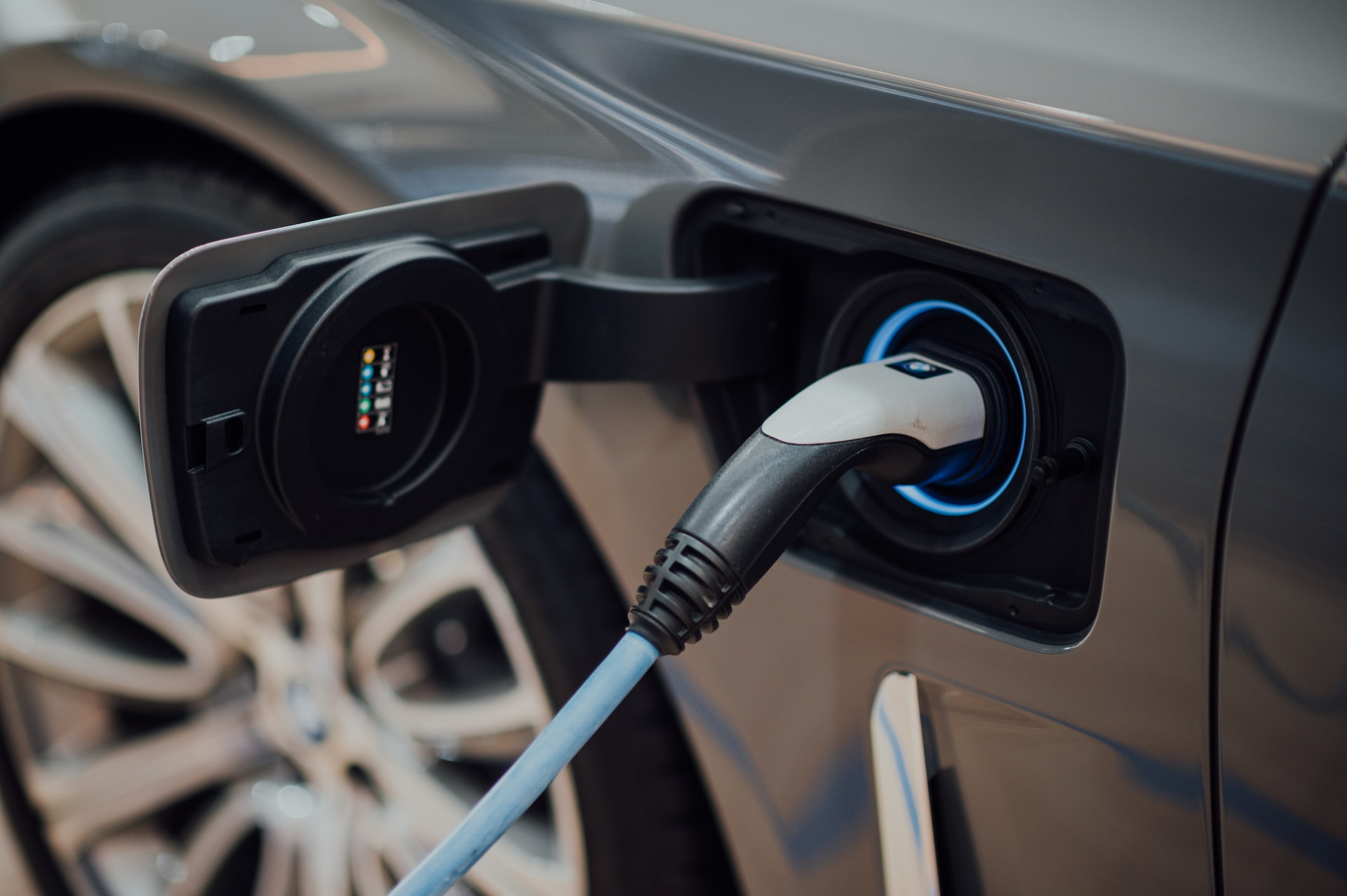
Key Considerations for EV Charger Installation at home
A Guide to Home EV Charger Installation from Central Electrical Systems
As electric vehicles (EVs) continue to gain popularity, more homeowners are Looking into installing EV chargers at home to conveniently power up their vehicles between trips. If this sounds like the right move for you, knowing the facts before diving into the home EV charger installation process is crucial. It is important to understand key factors that can impact the success and efficiency of your EV charger setup. Here’s a comprehensive breakdown to guide you through the process:
Home EV Charger Installation
Installing an EV charger at home involves several critical considerations to ensure seamless operation and safety. From finding a certified electrician and selecting the appropriate charger type to assessing your home’s electrical capacity, each step plays a vital role in the installation process.
EV Charger Types
When it comes to EV chargers at home, there are primarily two types: Level 1 and Level 2 chargers.
- Level 1 Chargers: These chargers use a standard 120-volt household outlet, making them convenient for basic charging needs. However, they typically offer slower charging speeds compared to Level 2 chargers.
- Level 2 Chargers: Level 2 chargers require a 240-volt outlet and offer faster charging speeds, making them ideal for homeowners seeking quicker charging times. They are more efficient for daily EV charging needs.
Electrical Capacity
Assessing your home’s electrical capacity is crucial before installing an EV charger. Central Electrical Systems can help ensure your electrical panel can handle the additional load required by the charger without overloading the system. Consulting with one of our certified electricians can help determine if any upgrades are necessary to support the charger’s power requirements.
Charging Speed
The charging speed of your EV charger is determined by its type and amperage. Level 2 chargers generally offer faster charging speeds compared to Level 1 chargers due to their higher voltage and amperage capabilities. Understanding your charging needs based on your lifestyle and selecting the appropriate charger can significantly impact your charging experience.
Cost Factors
Several cost factors come into play when installing an EV charger at home. These include the cost of the charger itself, installation fees, and potential electrical upgrades. While Level 1 chargers may be more cost-effective initially, Level 2 chargers offer faster charging speeds and may provide better long-term value for homeowners.
Permits
Before installing an EV charger, it’s essential to familiarize yourself with the permitting process in your area. Permit requirements may vary depending on your location and local regulations. We know all about what will be required. Obtaining the necessary permits ensures compliance with building codes and safety standards, providing peace of mind for homeowners.
Electrician Certification
Hiring a certified electrician with expertise in EV charger installations is crucial for a successful and safe installation. Look for electricians who are trained and experienced in handling EV charger installations like those at Central Electrical Systems. This is critically important to ensure the job is done correctly and up to code.
Installing an EV charger at home offers convenience and accessibility for electric vehicle owners. By considering factors such as charger type, electrical capacity, charging speed, cost factors, permits, and electrician certification, homeowners can make informed decisions to ensure a smooth and efficient installation process.
Ready to make the switch to electric vehicles? A home EV Charger may very well provide essential benefits. Take the first step by consulting with Central Electrical Systems for expert guidance and professional EV charger installation services. Contact us to schedule a consultation and start enjoying the benefits of charging your EV at home.
Other Posts
Get in touch
Areas We Serve
- Lower Mainland & the Fraser Valley
- Including Abbotsford, Mission, Chilliwack, Maple Ridge, Langley, Vancouver, New Westminster, Surrey, Richmond and more!
